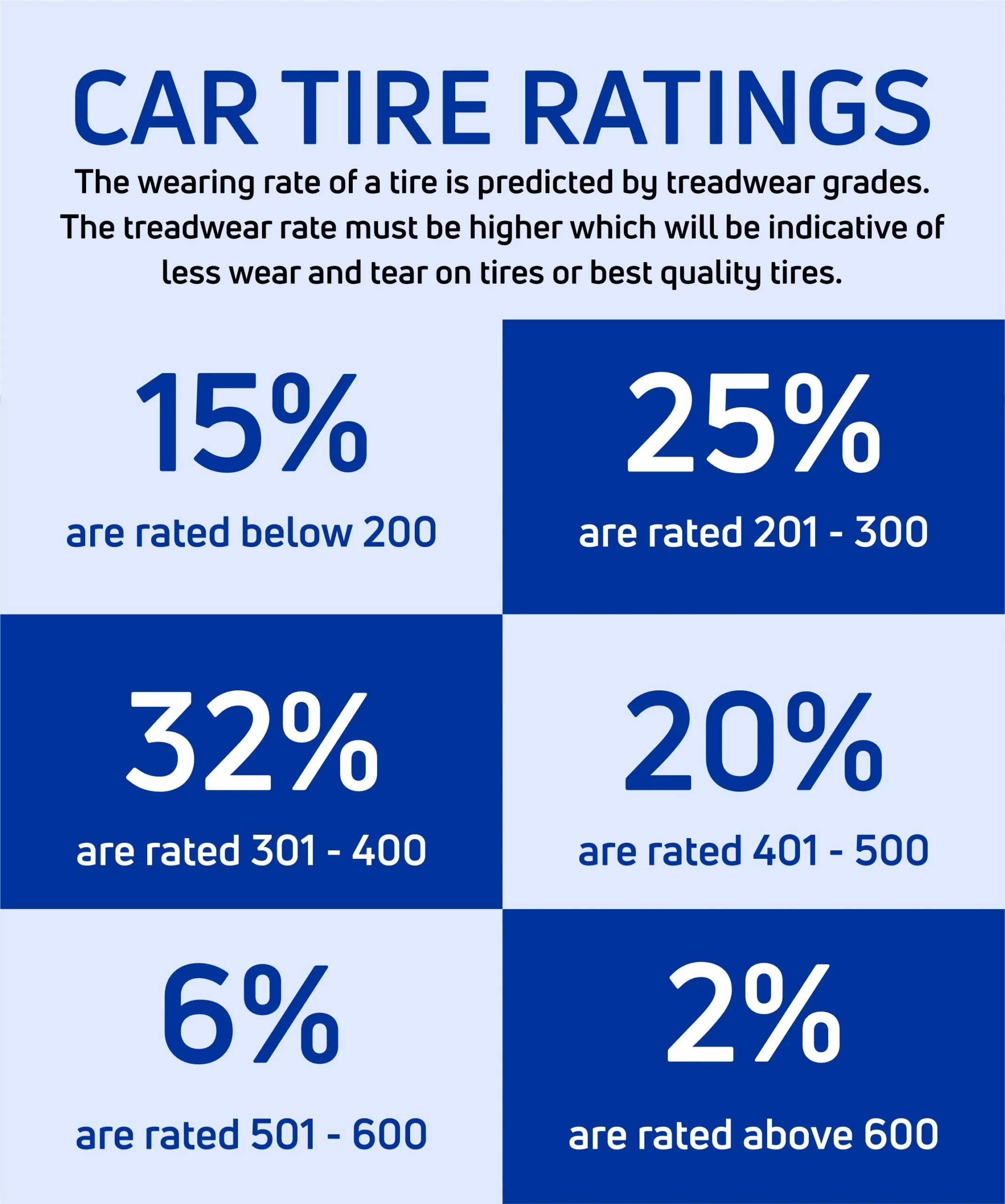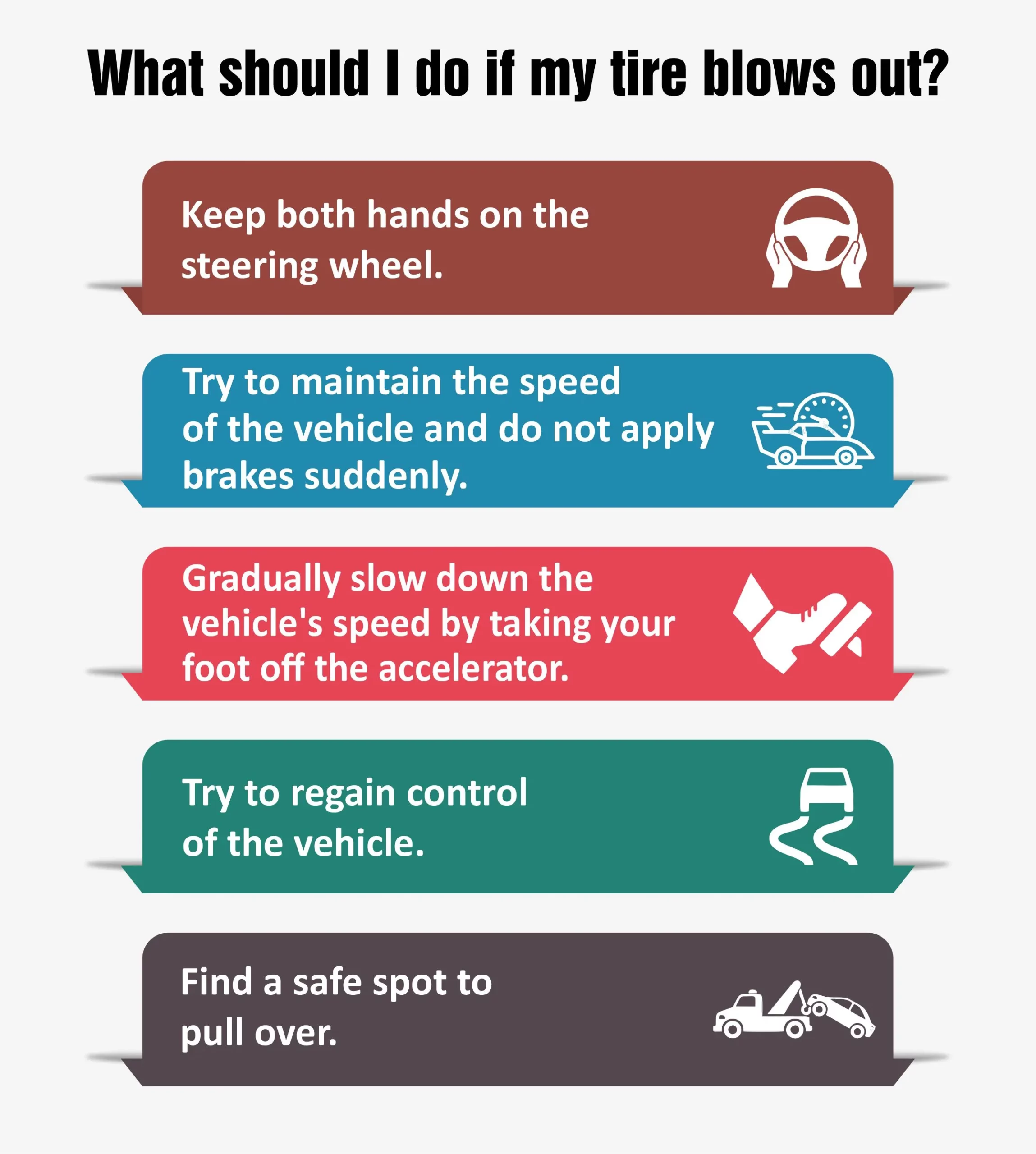Filing a Claim for a Defective Tire Car Accident
The cause of a motor vehicle accident can be due to another person’s negligence such as speeding or driving under the influence, or due to bad tires. The tire is the only component of the vehicle that touches the road. If a tire fails while driving, the driver may lose control of the car.
A defective tire can cause fatal injuries, devastating pain, and hefty medical bills. The crash can prove to be life-threatening and cause severe financial losses. Therefore, a victim can pursue compensation for losses.
Plaintiffs can file defective tire lawsuits. A victim may require the help of a product liability lawyer, as such cases can be very complex. The attorney will also conduct a thorough investigation of the accident scene, any bad tire signs, and other important details.
Different ways to pursue compensation for car tire damage
Fundamentally, there are two ways an accident victim can pursue reimbursement after car tire damage.
- Filing an insurance claim;
- Filing a lawsuit against the negligent party.
In the first case, negotiation with the insurance company will help the parties settle. Obtaining fair compensation from an insurance company may be complex, because the insurance company and its adjusters will try tactics to reduce the value of the settlement. However, to protect yourself from these practices, you need to carefully analyze the value of your claim.
When the parties cannot agree, a lawsuit is an option. To prove the negligence of the other party, you need to prove the wrongful party breached their duty of care, thereby causing injuries.
Fundamental causes of accidents due to tire defects
A tire blowout is an unfortunate yet common occurrence. When a tire is defective, the victim can file a lawsuit against the tire manufacturer for the defect. In many cases, a lawsuit can also be filed against the tire dealer who sold the tires or the mechanic responsible for the tire maintenance.
Manufacturer defects in tires may cause an explosion. A manufacturer may use cheaper adhesives or make some error in the production process. During production, contaminants can also combine with rubber, causing tire problems. All these are manufacturing defects. Some of the common defects include:
- Tire explosion;
- Blowouts;
- Tread separation;
- Belt separation;
- Broken tires;
- Tire delamination.
Sometimes, tire design also causes problems. Defective design may cause deadly car crashes, truck accidents, or other auto collisions.
Fundamental injuries owing to accidents from faulty car tires
Accidents from tire failures can cause debilitating injuries. The severity of the injury suffered will depend on the circumstances of the car accident and may include:
- Traumatic brain injuries;
- Back and neck injuries;
- Damage to the spinal cord;
- Amputations;
- Internal bleeding;
- Fractures;
- Deep lacerations;
- Bruises;
- Wrongful death.
To avoid causing accidents, drivers need to check their tires frequently and must replace tires whenever necessary.
Common collisions due to tire defects
Tire failure can cause many road hazards, such as:
- Loss of control;
- Rollovers;
- Skidding;
- Swerving;
- Spinning;
- Running off the road.
Sometimes, damaged tire pieces can fly into the road and cause injuries to people who are outside the vehicle. Damaged tire pieces can also cause damage to passing cars and can distract other drivers.
What percentage of tires are actually defective?
TireSafety.com, sponsored by Bridgestone America, Inc. has good information about proper tire maintenance. Reports suggest that under-inflation is one of the primary causes of tire failures. They have also specified how the drivers need to maintain their tires and what to look for while selecting new tires. Drivers must also be aware of the tips that will help them to drive safely in the challenging conditions.
According to the National Highway Traffic Safety Administration (NHTSA), tire blowouts caused more than 75,000 accidents and caused 400 deaths in 2012. According to reports from the National Transportation Safety Board (NTSB), nearly 33,000 car accidents occur due to tire-related causes every year.

Who are the liable parties following an auto accident due to tire defects?
The parties responsible for the resulting injuries or wrongful death after an automobile crash can vary depending on the product’s distribution chain. Some of the most common tire issues may include the following liable parties:
- Manufacturers;
- Installers;
- Engineers;
- Distributors;
- Wholesalers;
- Suppliers;
- Contractors;
It may be challenging to figure out which of the parties can be held accountable. Consult an accident law firm that will help you to know more about liable parties.
Can new tires be defective?
Tires can be proven to be defective even if they are new. The success of any claim will depend on the manufacturing of the tire. If the tire is subject to a defective design, or has manufacturing defects, it may fail under road conditions. A brand-new tire blowout can still lead to severe damages and losses.

Tire Safety Tips
It is better to be prepared than informed. Following is a roundup of some tire safety tips that will enhance your safety on the road.
- Choose tires carefully;
- Purchase a tire gauge and keep it within your reach;
- Keep checking the tire pressure once a month;
- Try to rotate your tires regularly;
- Keep checking the alignment of your tires;
- Check your tire balance regularly;
- Tire inspection will help you learn about any tire deterioration.
Even if you follow all safety procedures you may still have an accident. However, having tire pressure monitoring systems (TPMS) and following other safety measures can help reduce the potential for such crashes.
If you have suffered injury in an accident involving a tire failure, schedule a free legal consultation with a personal injury lawyer or fill out our contact form to discuss your case.






